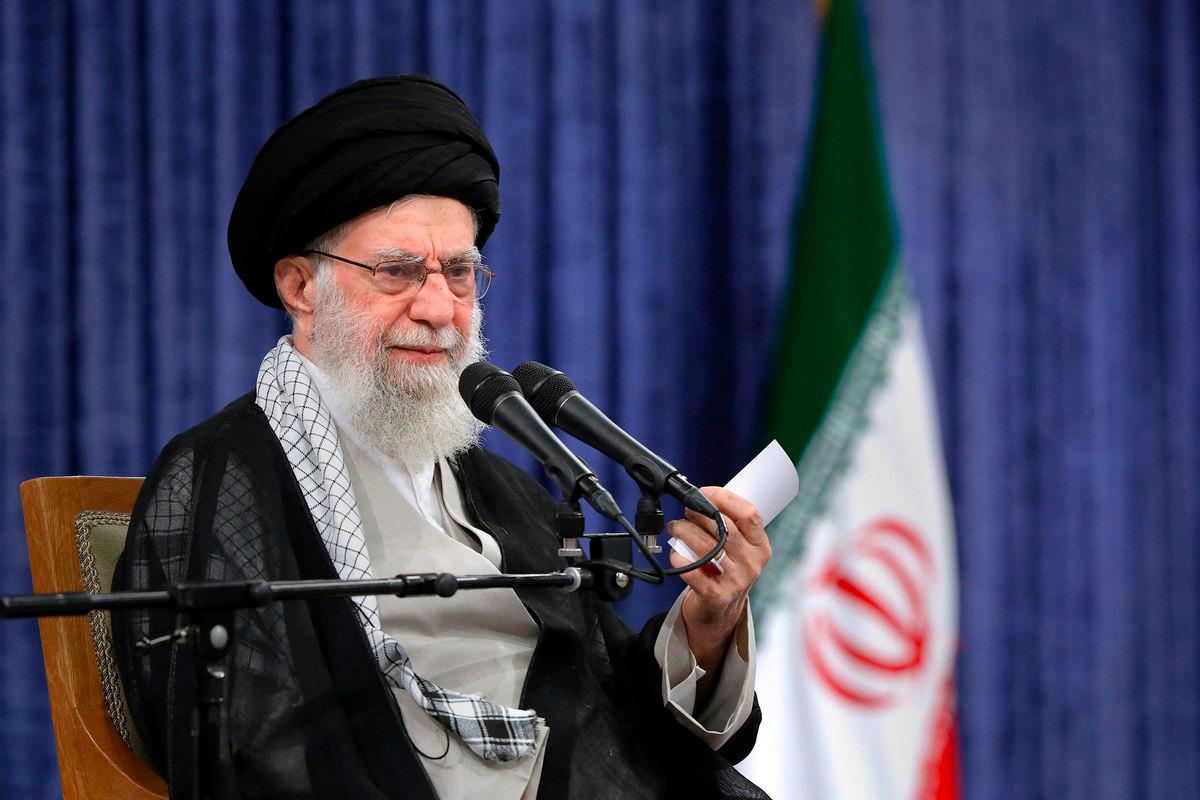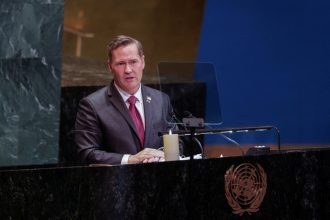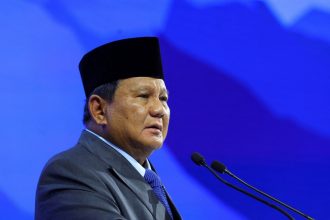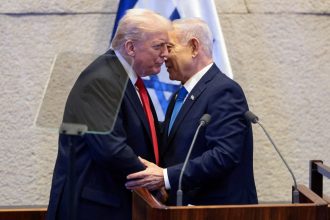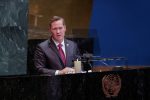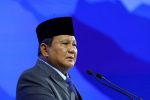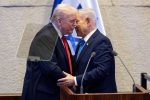TEHRAN — In a rare and emotionally charged address, Iran’s Supreme Leader Ayatollah Ali Khamenei on Tuesday expressed deep skepticism about ongoing nuclear negotiations with the United States, saying the talks are unlikely to bring any meaningful results.
“We don’t think it will lead to any outcome. We don’t know what will happen,” Khamenei said candidly during a public speech. His tone conveyed more frustration than defiance, especially as he criticized what he sees as continued efforts to deny Iran its right to enrich uranium — something he called “a big mistake.”
For ordinary Iranians who have endured years of sanctions, economic uncertainty, and global scrutiny, these words may feel like déjà vu. The country and its people remain caught in the crosshairs of a decades-long diplomatic chess game.
Since April, Iran and the U.S. have met four times through indirect, Omani-mediated talks — the highest-level interaction between the two adversaries since Washington walked away from the 2015 nuclear deal under then-President Trump. While the most recent round of talks on May 11 was labeled “difficult but useful” by Iranian negotiators, the U.S. cautiously described it as “encouraging.”
Still, hope feels fragile. Chief U.S. negotiator Steve Witkoff has made it clear that Iran’s uranium enrichment — now at 60%, close to weapons-grade — is a “red line.” Iran maintains its enrichment is for peaceful purposes, and Foreign Minister Abbas Araghchi echoed that sentiment, saying enrichment will continue “with or without a deal.”
Even as Washington publicly signals its willingness to strike a deal, Khamenei didn’t mince words. “The American side… should refrain from speaking nonsense,” he said, reflecting a broader Iranian frustration with what officials view as contradictory U.S. messages — calls for diplomacy paired with ever-tightening sanctions.
Meanwhile, Iran has kept communication open with European powers — Britain, France, and Germany — in hopes of reviving the original agreement. Foreign Minister Araghchi called for a “new chapter” with Europe and urged more active support from those nations.
Still, with no date yet set for the next round of talks, the window for diplomacy seems to be narrowing. For many in Iran, the question is no longer just about uranium enrichment or sanctions, but whether a path toward peace and dignity remains at all.
